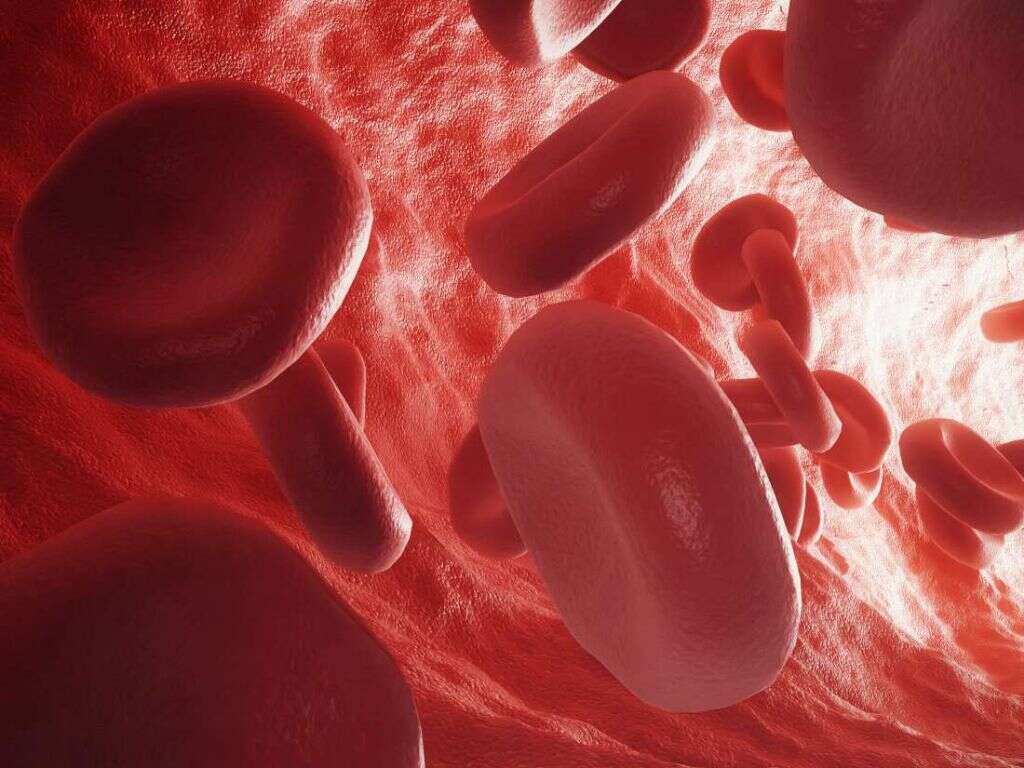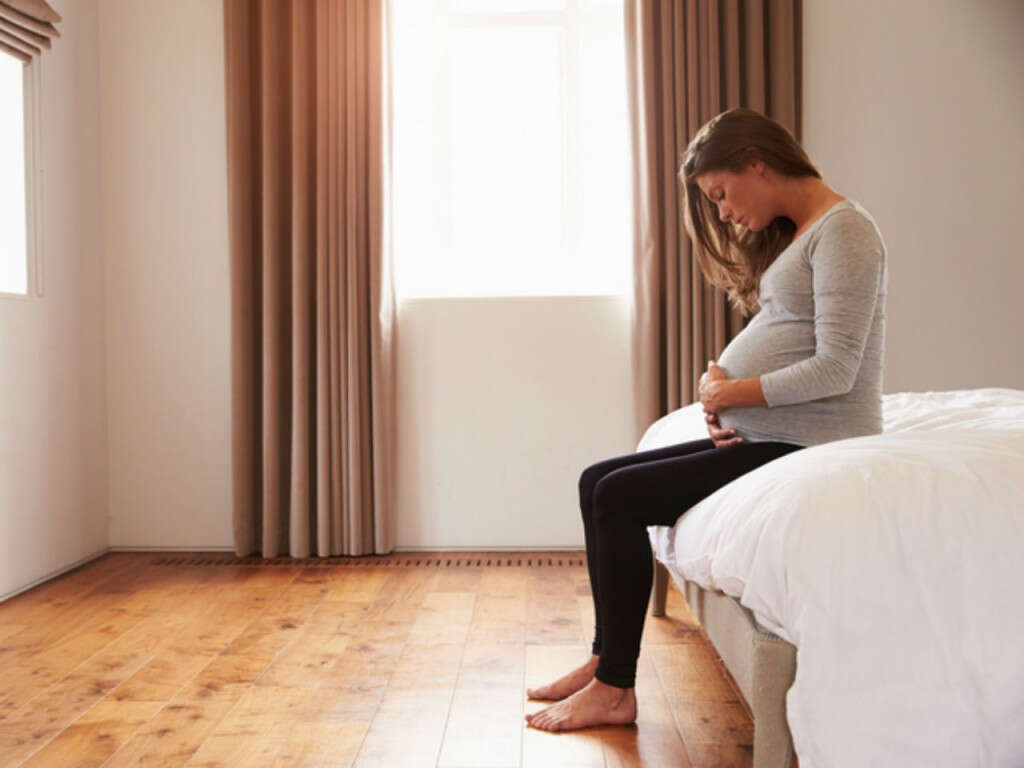What Is Postpartum Depression?
Depression is a serious problem worldwide, and it causes many otherwise healthy people to take their own lives. A lot of progress has been made in recent years in regards to understanding the condition. Progress has also been made in regard to breaking down social barriers and reducing the stigma associated with the condition.
However, there is still a lot of work left to be done, and the condition is still difficult to treat. It can affect anybody for no apparent reason, and it could develop at any time. Big events in a person’s life can trigger the condition, and this includes having a baby, which can trigger postpartum depression.

1. Postpartum Depression
Welcoming a new member of the family is always going to be an emotional time. Everybody will want to meet the baby, and mum and dad will be looking forward to so many precious moments with the new arrival. There is also a lot of work to be done, however, and emotions will often become strained due to the demands involved.
While some degree of stress is entirely normal, some people will experience stress to a very different level. Postpartum depression is a form of depression that will affect some new parents. It can happen in anybody, and it is important that anybody with the condition finds treatment as soon as possible.

2. Causes
There are different potential causes of postpartum depression, and they tend to be emotional or physical. Emotional causes tend to be down to the demands involved with caring for a baby. It can be very hard work and parents will often get little sleep. The patient may also sometimes feel as though their new responsibilities have taken over their life, and they may also feel less attractive.
Physical changes tend to mean a change in hormone levels in the body. Hormone production in the thyroid gland can fall away, as can levels of progesterone and estrogen. These can leave the patient feeling lethargic and fatigued, and it can also lead to depression.

3. Postpartum Depression Symptoms
Many mothers will experience the baby blues after giving birth. Symptoms typically include sadness, irritability, and mood swings, among others. These symptoms will not usually last for longer than 2 weeks. Postpartum depression is often mistaken for the baby blues, but the former is a potentially more severe condition. Symptoms of the condition include excessive crying, and severe mood swings.
The patient might also withdraw from family and friends, and they may no longer wish to participate in activities. They can feel anger and irritability. They can also feel hopeless and feel as though they are a terrible mother. In more severe cases, the patient might even think about harming themselves and/or their baby. They may even consider taking their own life.

4. Postpartum Psychosis
Another associated condition is postpartum psychosis. The symptoms of the condition are somewhat more severe although, thankfully, it is also rare. Symptoms will typically show within the first week after the baby has been delivered, and they will often involve paranoia. The patient can also experience disorientation and they may also have delusions and hallucinations.
They can also have difficulty sleeping while they can also have excess energy levels. The patient may also develop excessive thoughts about the baby, and they may also attempt to harm their baby, or themselves. The patient should be found assistance as soon as possible, especially considering their actions may pose a real threat to themselves and their baby.
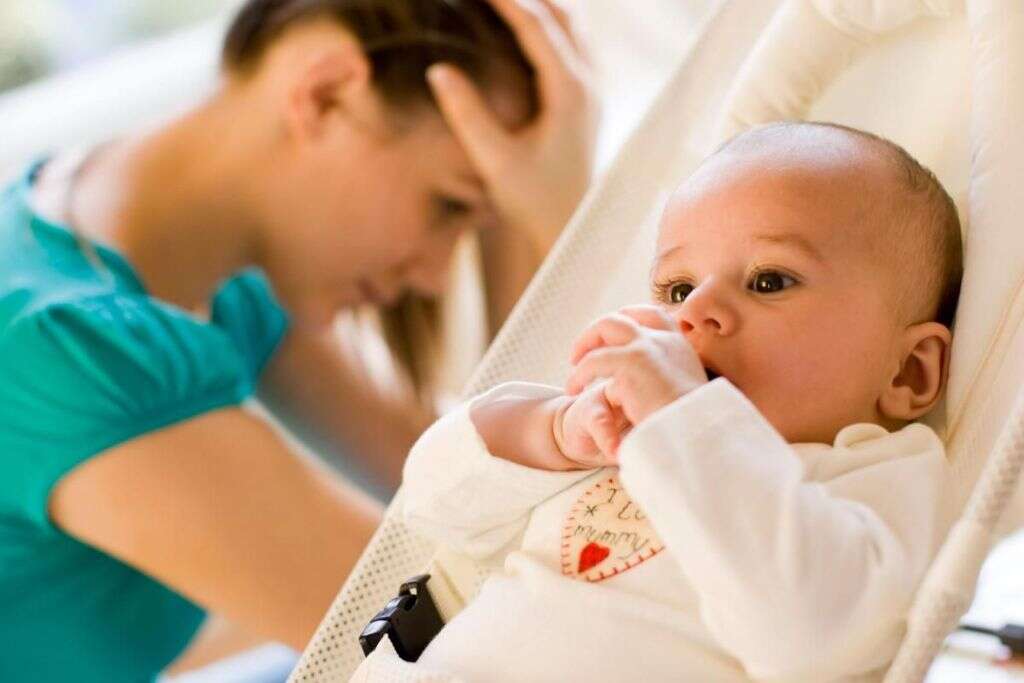
5. Postpartum Depression In Fathers
Postpartum depression will usually affect the mother, but fathers can also experience it in what is known as paternal postpartum depression. Those most at risk include those that have financial concerns, a history of depressing, or problems with relationships in the past. Apprehension over being able to support the baby will also trigger depression in some men.
The symptoms are likely to include many of the same symptoms women can experience. The symptoms can also put a strain on their relationship with their partner and with the baby. Treatment is available, and it is just as important that men with postpartum depression seek help as women do.

6. Complications
In addition to unwelcome symptoms, postpartum depression can cause potentially severe complications. One such complication is the risk of the patient harming themselves or taking their lives. The baby’s safety may also be at risk. The condition may also develop into chronic depressive disorder, meaning the patient will remain depressed in the long term.
If the mother is depressed then this will increase the risk of the father becoming depressed also. If one or more parent is suffering from depression then it can also have a negative impact on the child. The child can develop problems such as sleeping difficulties, behavioral problems, and delays in learning to speak.
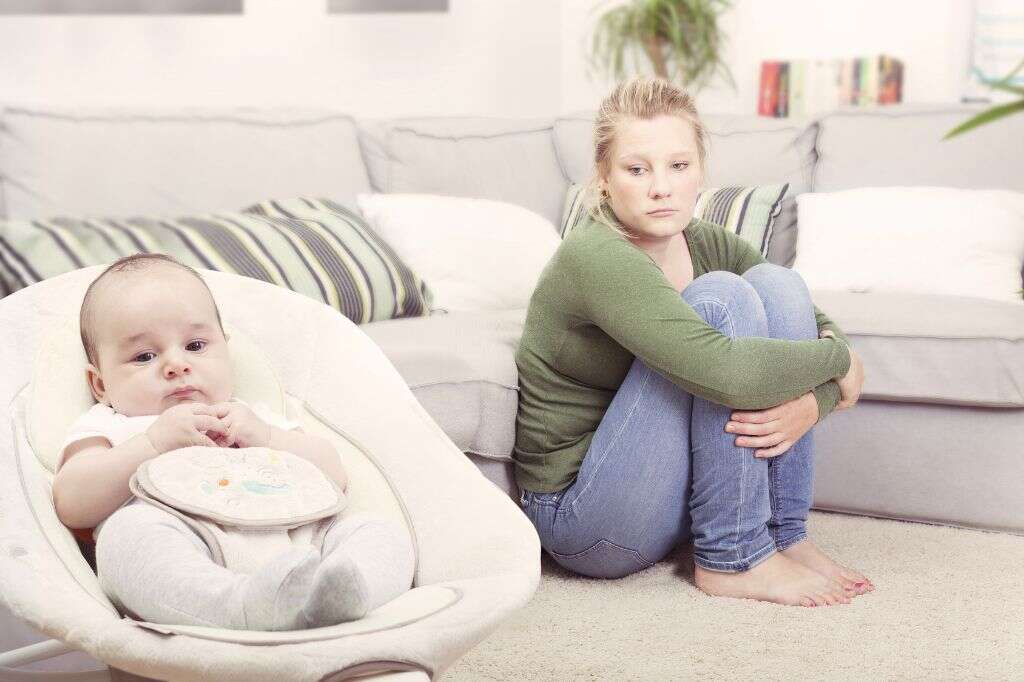
7. Who’s At Risk
Even the healthiest and happiest of people can develop postpartum depression, and for no apparent reason. However, the condition is more likely to be found in certain types of people. These include people that have a history of depression, and people who have a history of depression in their family.
Other factors include people that have little or no support in bringing up the baby. Having more than one baby is another factor, as is having a baby with health conditions. Having financial concerns is another potential factor, as is the patient having experienced stressful events recently. Relationship problems are another potential factor, and the condition is also more likely if the baby was unwanted.

8. Prevention
It is not possible to completely prevent postpartum depression from happening. However, steps can be taken to help prevent the condition from having too much of an impact on the patient and others. If somebody has a history of depression then they should let a doctor known if/when they become pregnant.
You can be monitored for signs of depression throughout the pregnancy, while you can also be monitored after the baby is born. Catching the condition as early as possible will help to make any treatment easier and more effective. This can help to prevent the patient from experiencing some of the more severe symptoms.

9. Diagnosis
Your doctor will need to ask you about your symptoms and also about your family’s medical history. If postpartum depression is suspected then they may choose to refer you to a mental health specialist. This is especially the case if your symptoms are severe.
You may be required to fill in a questionnaire and your answers can help to reach a diagnosis. Tests may also be requested to help rule out other medical conditions that could be causing the symptoms. This can include blood tests that will help to determine whether or not you are suffering from hypothyroidism, which is an underactive thyroid.
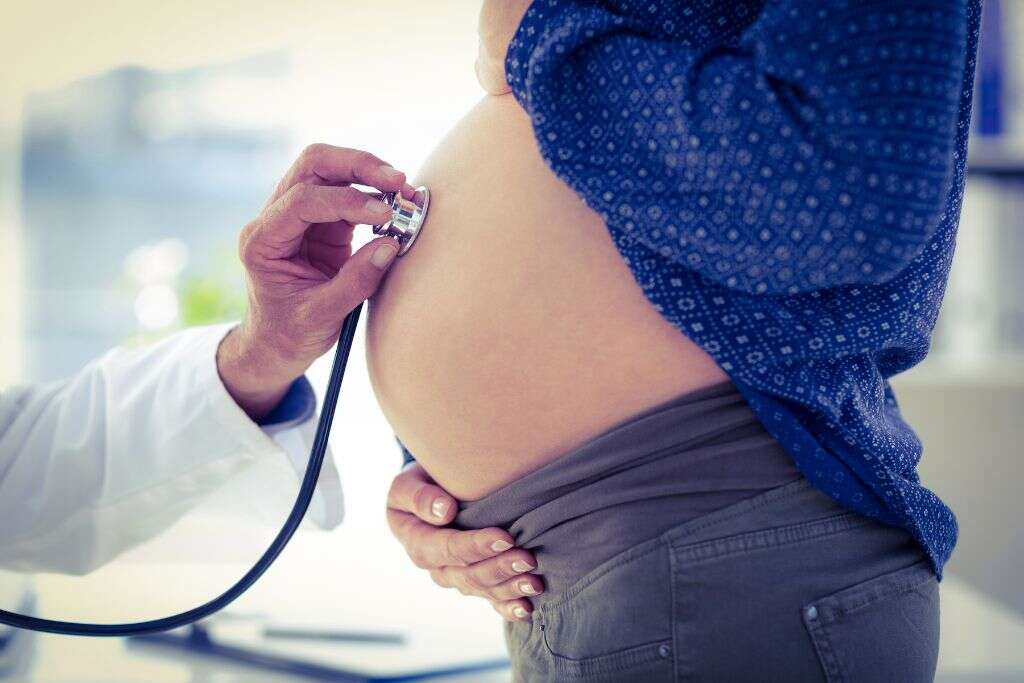
10. Treatment
Treatment for postpartum depression will vary according to a number of factors. If an underactive thyroid is an issue then medication may be prescribed to help treat the condition, and any other underlying causes will also need to be treated. Depending on the patient’s symptoms, they may need to be referred to a psychotherapist for treatment.
Psychotherapy can teach the patient the tools they need to be able to manage their condition better. Antidepressants may also be used to help manage the patient’s symptoms. In cases of postpartum psychosis, the patient will likely be hospitalized and they may also be given electroconvulsive therapy.










